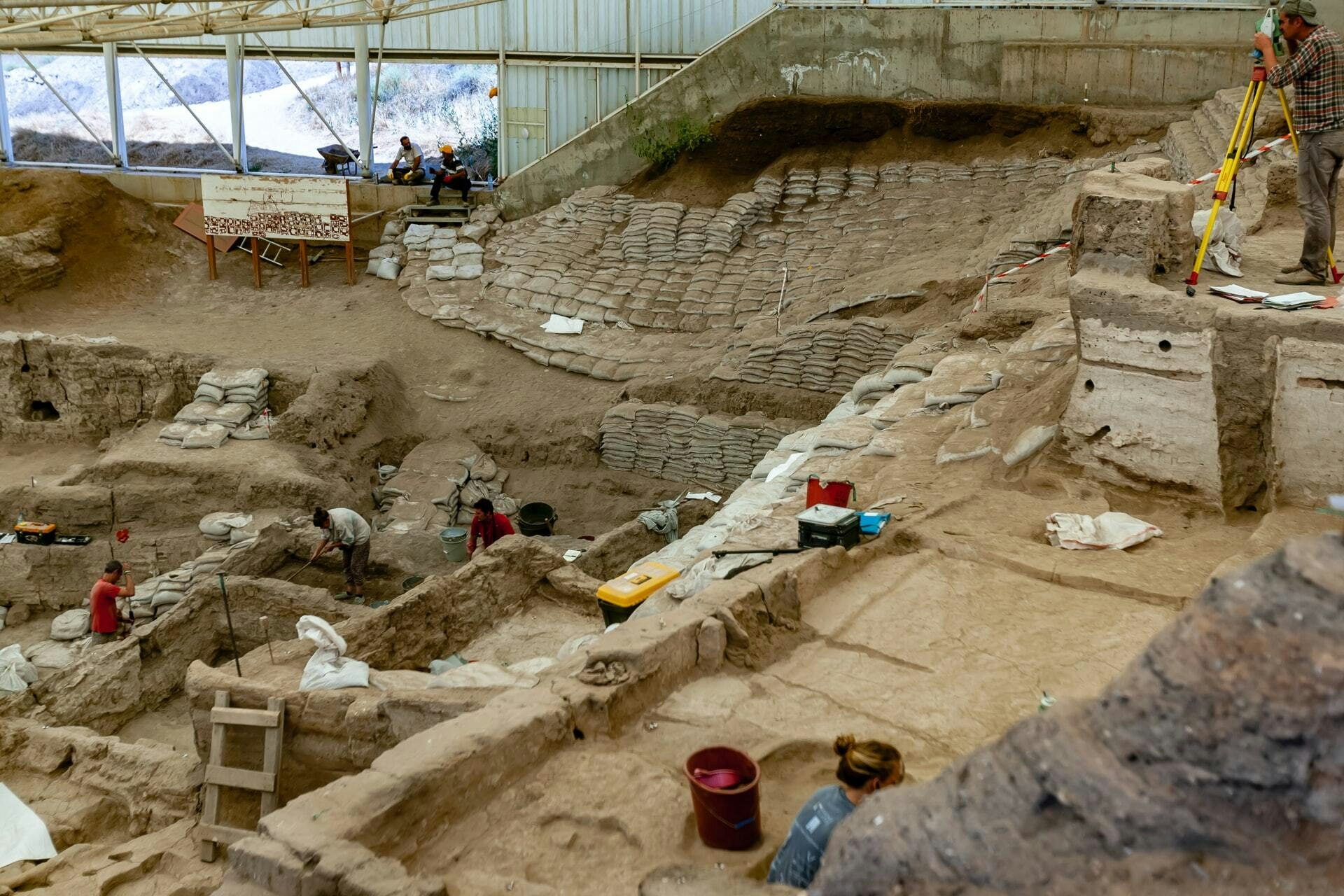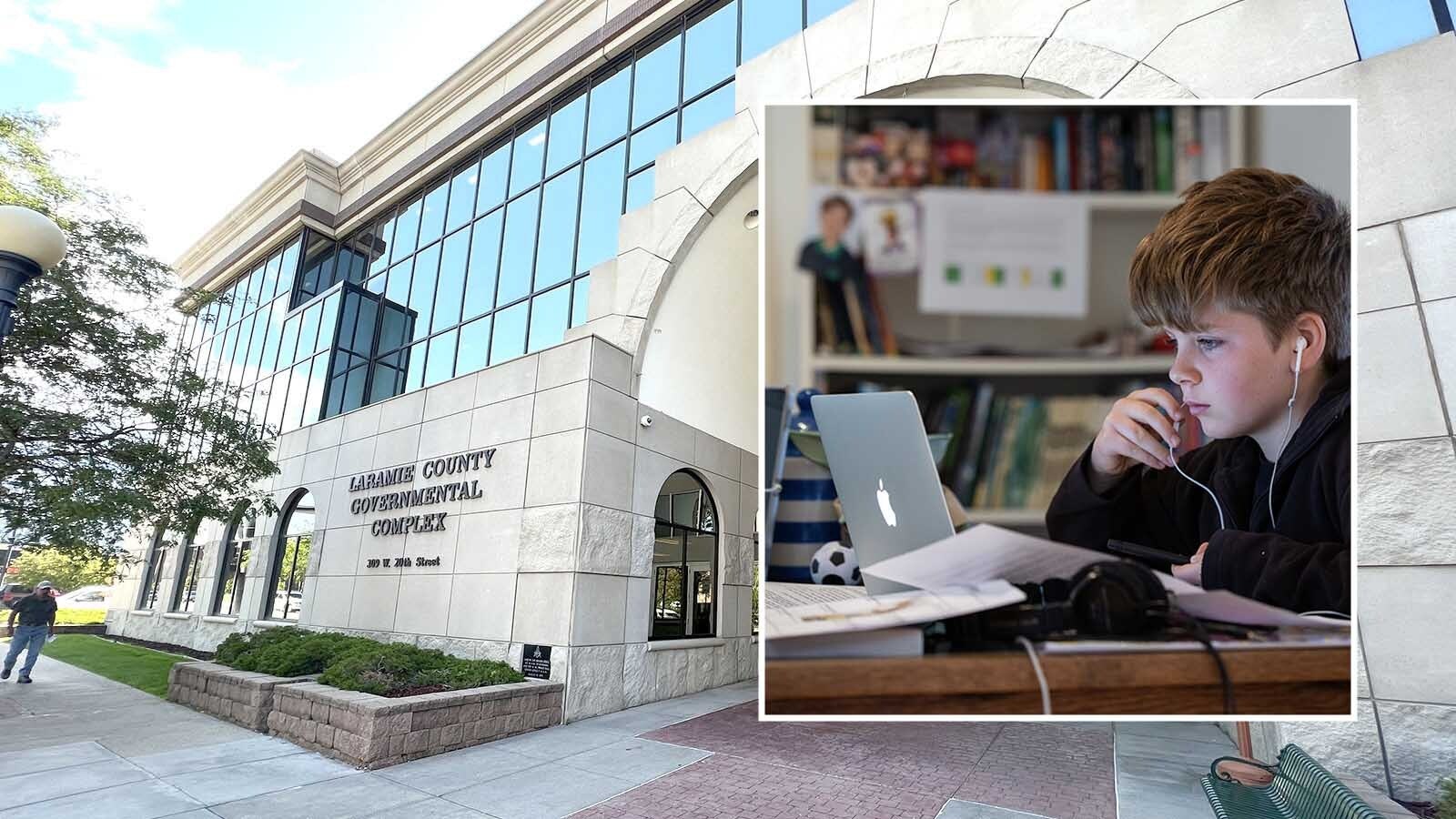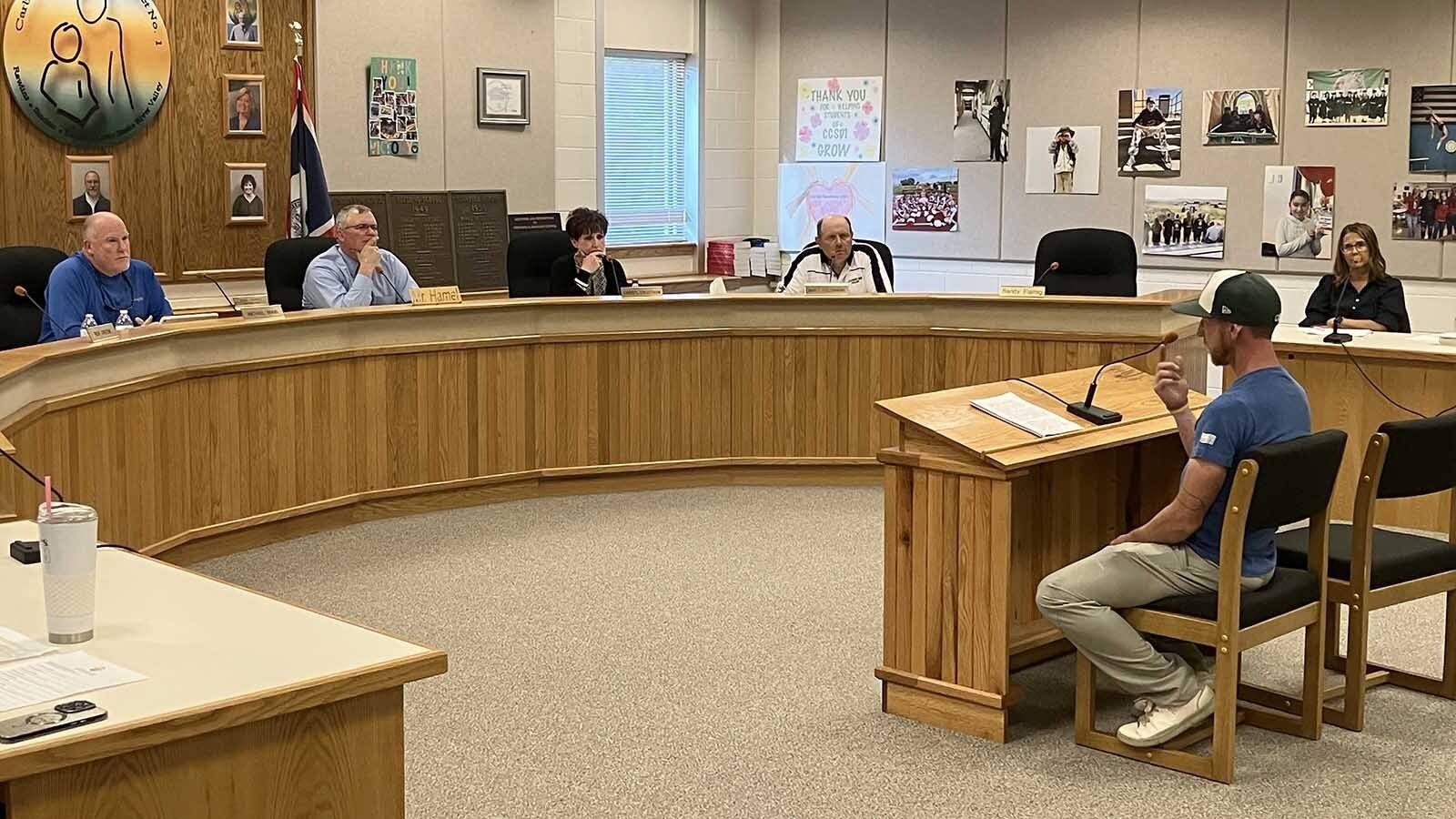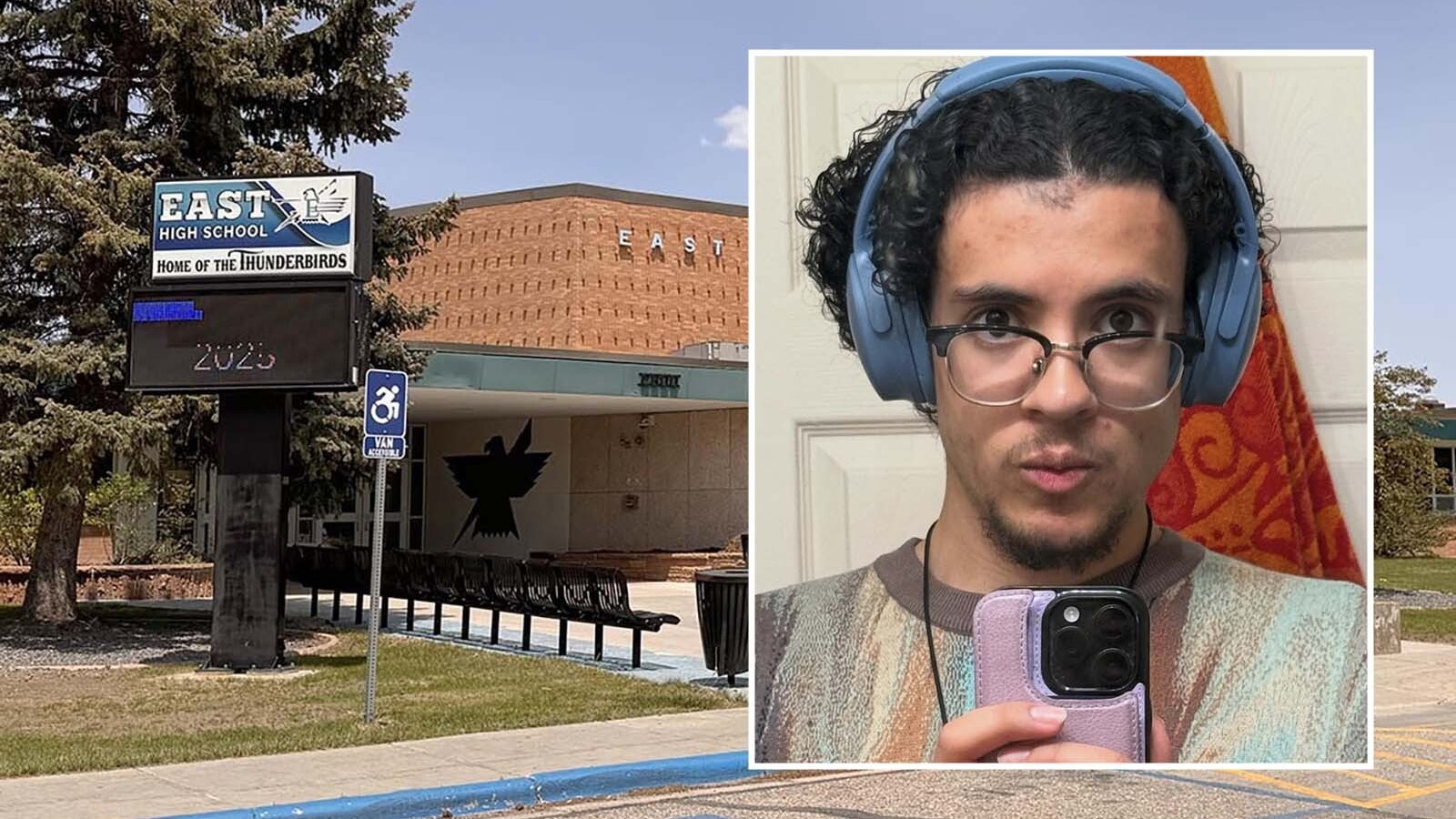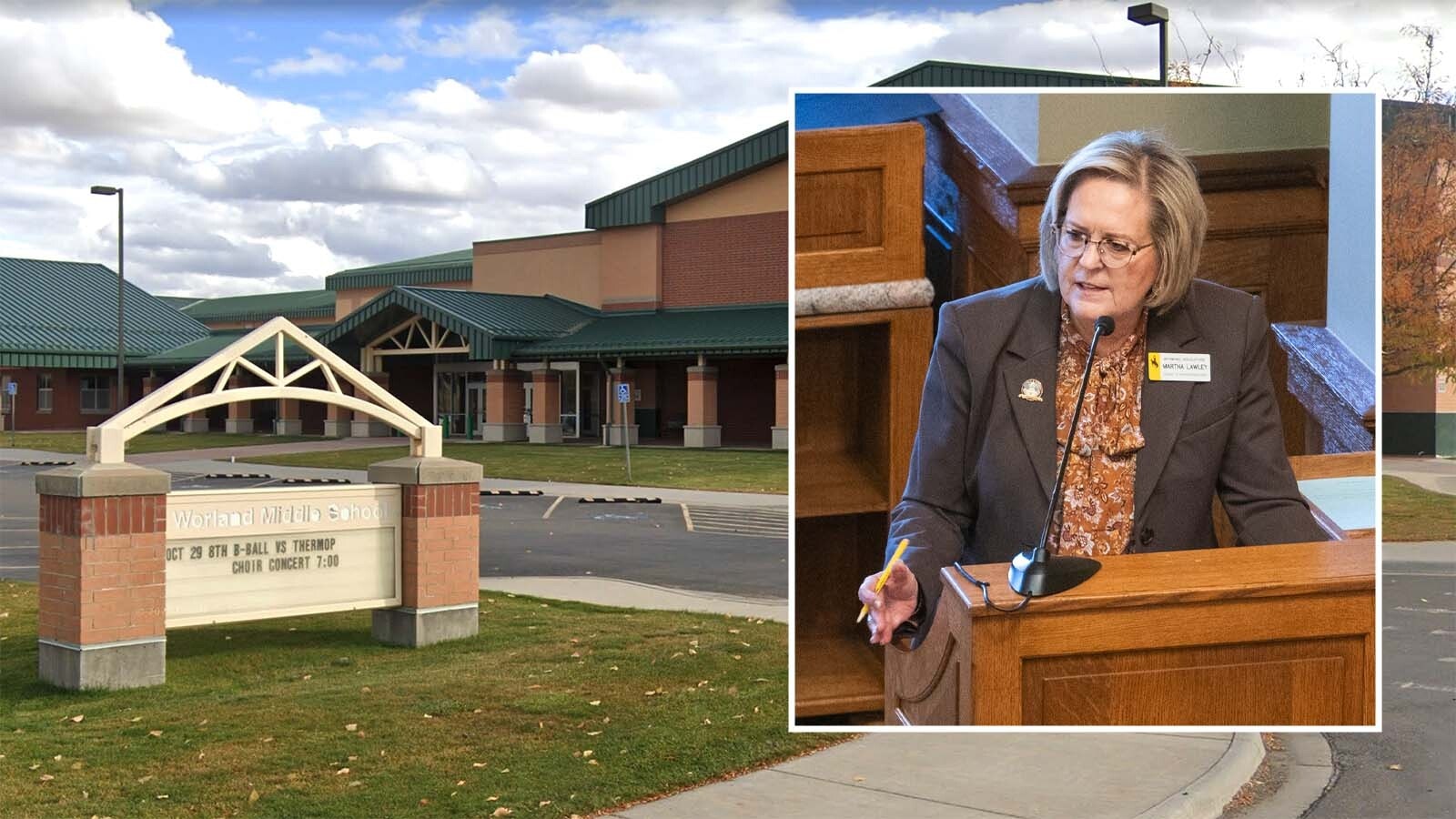Noted Wyoming archaeologist George Frison, founder of the University of Wyoming’s Department of Anthropology, has died at the age of 95.
The university reported Frison died Sunday in Laramie.
Frison, the only UW faculty member ever elected to the National Academy of Science, was a Worland native credited with building the UW Department of Anthropology into a widely respected institution.
“Our department would be a shadow of its current self if not for his efforts,” said Todd Surovell, the department’s current director. “He easily ranks among the greatest field archaeologists in the history of American archaeology, having excavated several major sites in Wyoming, Colorado and Montana. Dr. Frison’s contributions to the field of archaeology, the Department of Anthropology, the University of Wyoming and the state of Wyoming cannot be overstated.”
Frison was born in Worland in 1924 and grew up on his grandparents’ ranch near Ten Sleep, where he split his time between working livestock, searching for arrowheads and exploring caves in the Big Horn Mountains.
He enrolled in the UW in 1942, but left the university to enlist in the U.S. Navy, where he served in the South Pacific during Worland War II. He returned to the family ranch after being honorably discharged in 1946.
Still interested in archaeology, Frison joined the Wyoming Archaeological Society, where he worked with a UW professor who encouraged him to return to the university for his degree. He enrolled in 1962, finished his undergraduate work and then went on to earn his master’s and doctoral degrees from the University of Michigan.
Frison returned to the University of Wyoming in 1967 to head the Department of Anthropology and later served as Wyoming’s first state archaeologist.
He was recognized internationally as an expert in the prehistory of the northwestern Great Plains, writing about topics such as bison bone beds, Paleoindian mammoth hunters and chipped stone technology.
Frison retired from the Anthropology Department in 1995, but continued to serve as professor emeritus.
“Well into his 90s, George came into his lab every day until last spring — and then, only deterred because of the pandemic,” said Anne Alexander, the university’s interim provost and vice president for academic affairs. “His legacy is profound and he put Wyoming on the map for archaeology. He is a legitimate legend.”
Frison won many awards from a number of institutions including a lifetime achievement award from the Society for American Archaeology, a fellowship from the Smithsonian Institution and the university’s George Duke Humphrey Distinguished Faculty Award.

